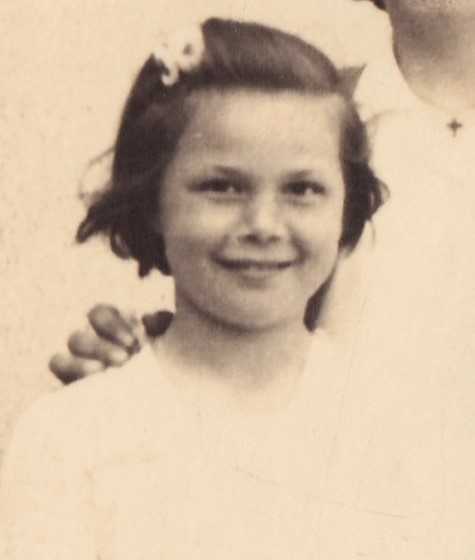I was looking through a crack in the shed

Stáhnout obrázek
Inge Richtrová was born on 25 May 1939 in Slatina near Moravská Třebová as the youngest of four children to Aurelia and Rudolf Schvalb. Her father, a German national, had to enlist in the Wehrmacht, survived the war, but was unable to return home. At the end of the war, the witness lived with her mother and siblings in fear of the Red Army soldiers and witnessed the execution of local German citizens. The family prepared for the removal, but eventually the displacement of residents from mixed marriages was stopped. She did not meet her father until 1969, when she was able to travel to Munich to see him. After graduating from the municipal and burgher school, at the age of fourteen, the witness began working as a weaver at the Hedva Moravská Třebová factory. In 1957 she married Jiří Richter and they had three sons together, Jiří (1958), Jaroslav (1962) and Ladislav (1964). The eldest son Jiří emigrated to Germany in August 1989 and his parents were able to visit him at Christmas. After the death of her husband, Inge enjoyed travelling to Germany to see her family or to Scotland to visit her friend Marie Liszn (Byron). She is currently (2024) living in the family home with her son in Boskovice.







